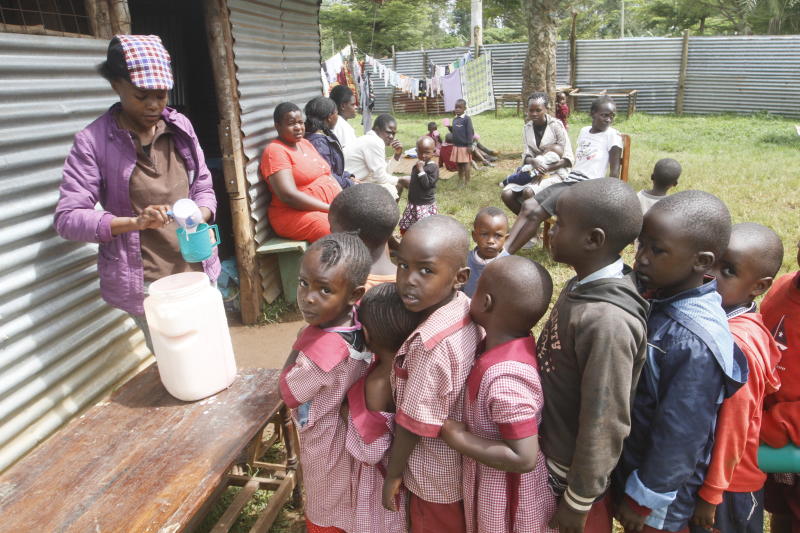
When Wycliff Muyanje graduated from college in 2005, he had big dreams. Armed with a degree in dairy technology, youthful determination and zeal, he was ready to conquer the world. They had been few in class, and he was certain his speciality would give him an edge over other graduates who had avoided agricultural courses.
He started tarmacking in earnest. He was in his early 20s, desperately hoping to be absorbed into a white-collar job. Each rejection letter he got and every time he was turned away by prospective employers, he got disillusioned.